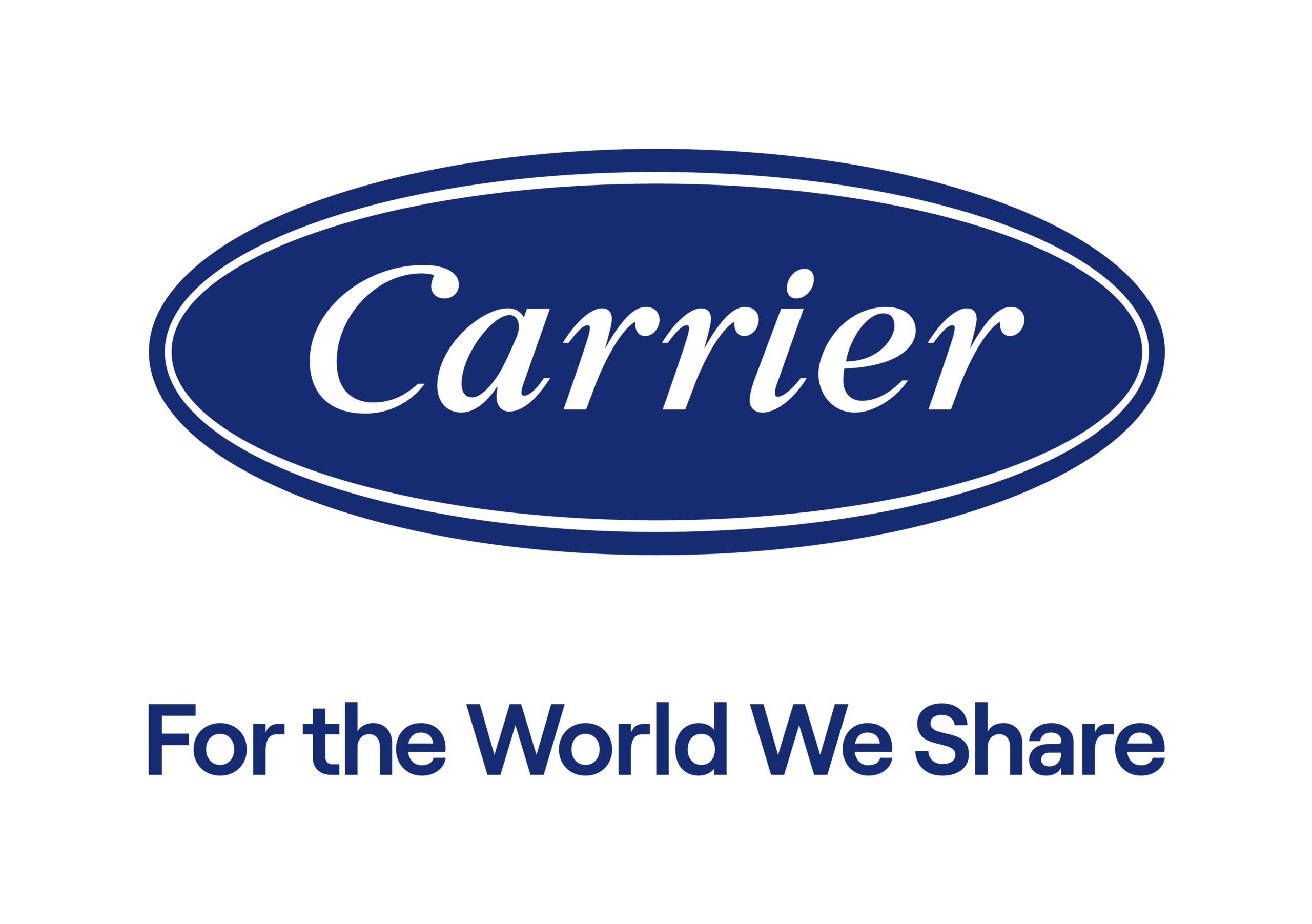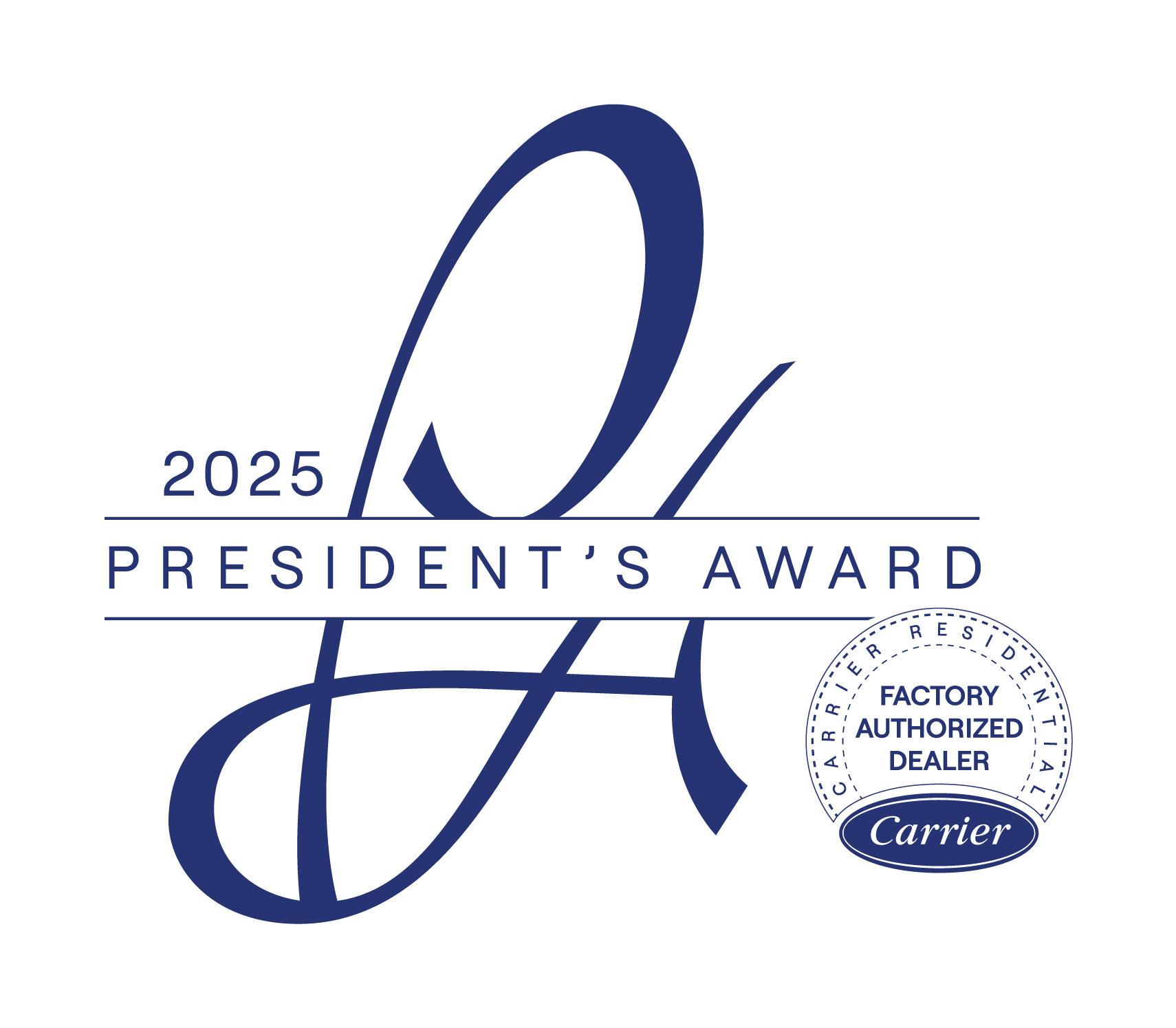HVAC Hacks to Help with Allergies
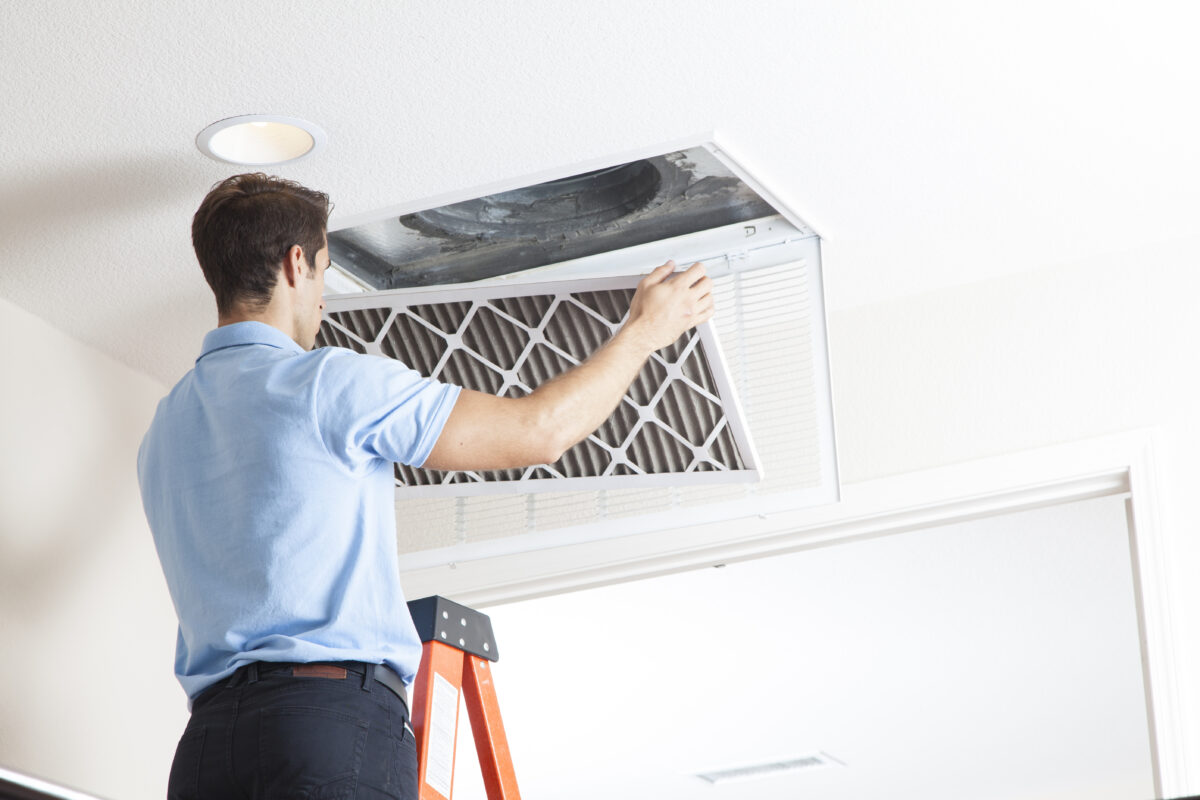
If you have allergies, sneezing, runny nose, headache and fatigue can make you feel miserable. Pollen, mold, pet dander and dust are the most common catalysts, and all four are frequently found in homes, particularly in the spring and summer.
Allergy sufferers can get shots, wear masks and take other precautions. However, the best way to manage allergies is to keep your HVAC system well-maintained and operating efficiently. Air conditioners filter air and regulate humidity, removing dust, dander and pollen from the circulating air and altering the conditions that promote mold.
Avoiding the issue can have significant health consequences. Respiratory problems like asthma attacks, hacking coughs, difficulty breathing and nasal congestion may all result from aggravated allergen levels.
Change Your Filter
Air conditioners screen out microscopic airborne particles that trigger allergies, starting with the filter in your home air register. Its ability to do so depends on the effectiveness of the filter you buy, measured by the Minimum Efficiency Reporting Value, or MERV. Filters with a MERV rating of at least 8, which is most A/C filters for sale in hardware and home improvement stores today, catch the four main drivers of allergies. Air filters with MERV ratings above 11 offer high-efficiency filtration for even smaller particles. Changing the air filter every two or three months is critical to its effectiveness and the cleanliness of the air circulated by the air conditioner. Dirty filters circulate allergen- and pollutant-infested air throughout the building.
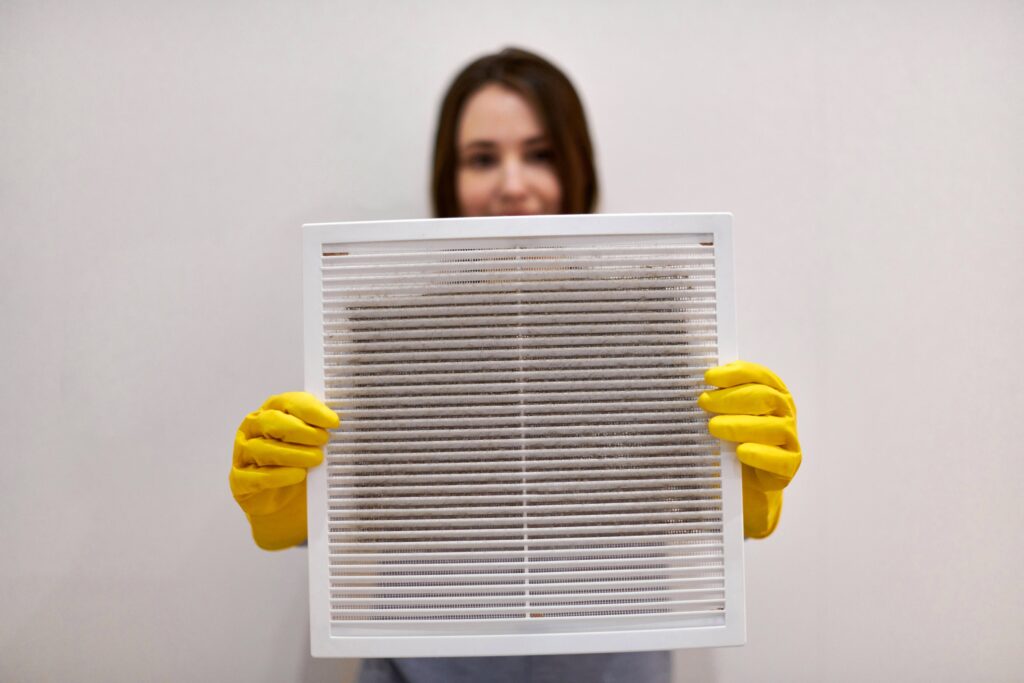
Here’s another reason to remove clogged filters: poor ventilation inhibits air exchange, keeping stale air in the house and preventing fresh air from entering it. That allows allergens and pollutants to flourish and cause sickness and misery in humans and pets. Changing the filter regularly is the best way to ensure proper ventilation and the respiratory health of the occupants.
Give Your HVAC a Regular Checkup
HVAC units that receive regular checkups run efficiently year-round, ensuring proper humidity control. Allowing the unit to run down interferes with optimal operation and can lead to higher humidity levels that promote mold growth. Of course, any leaks the system might have can allow excess moisture to build up.
HVAC units struggling to regulate temperature can also aggravate the suffering of occupants by allowing for temperature extremes. Additionally, cooler weather in summer produced by air conditioning reduces natural allergen levels. Have your HVAC checked annually as a preventative measure, just as you bring in your car for a tune-up or visit the dentist for a teeth-cleaning every six months.
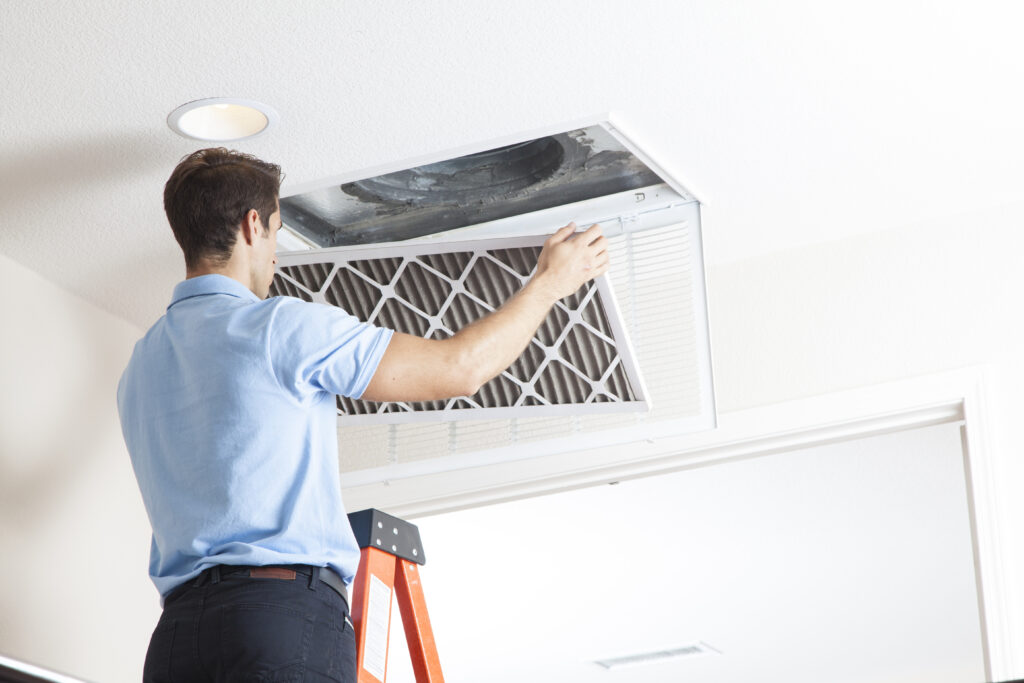
Clean the Ducts if You See Mold
If mold and mildew form in your house, mold spores are probably accumulating in the air ducts, the pipes that shuttle air around the house. Dirt and hair that collect in ducts are not generally a big issue, but the presence of mold indicates that you should have an HVAC professional clean your ducts and vents.
Poor air quality affects more than just health. Allergy sufferers may experience restless sleep, reduced attention span, irritability, and diminished quality of life. Taking a few simple steps to keep your HVAC system operating optimally – changing your air filter, scheduling regular HVAC maintenance and cleaning your ducts if necessary can go a long way towards keeping the entire family healthy and happy. When it comes to allergies, your HVAC system is your friend.
At Holley Heating & Air Conditioning, your comfort is our #1 concern. Air conditioning system maintenance is the key to keeping your system up and running efficiently and cost-effectively. You can trust our experienced team to keep your system running smoothly in all seasons. Call us to schedule an appointment today.

